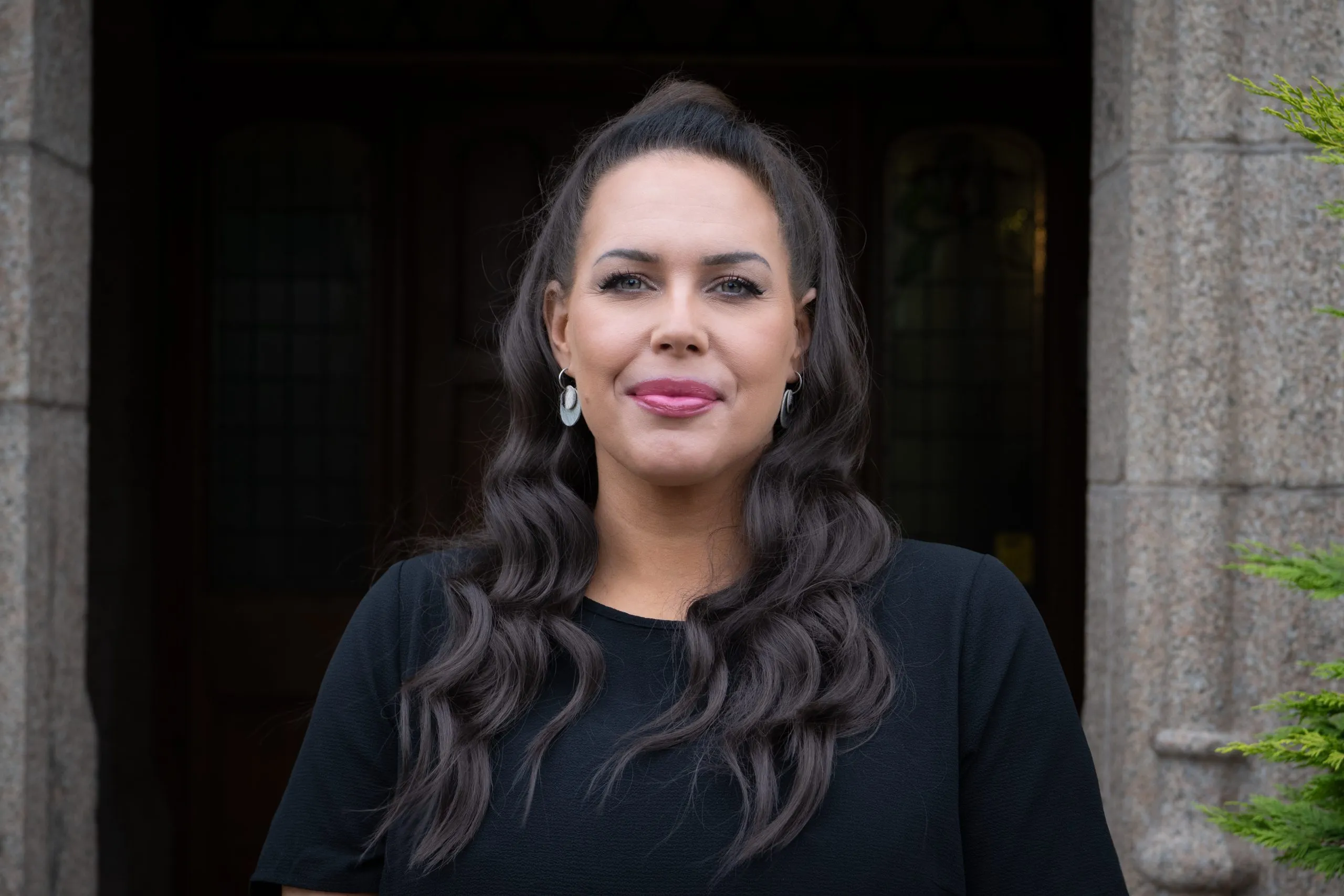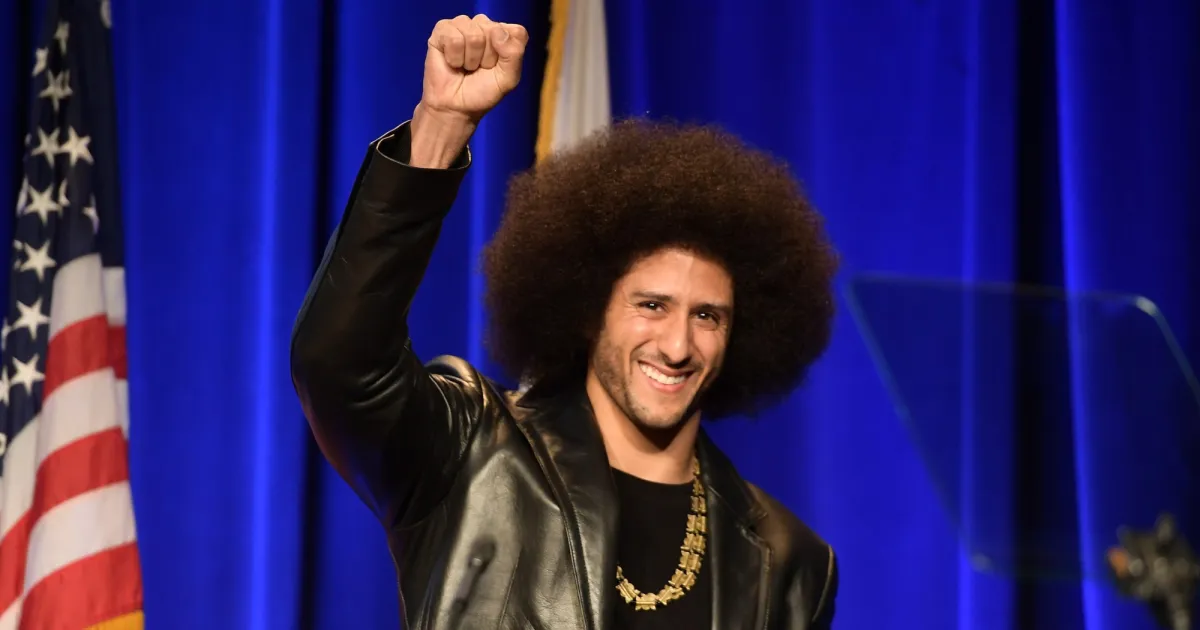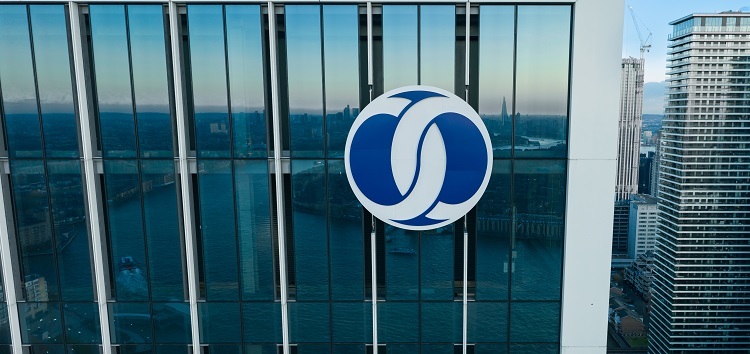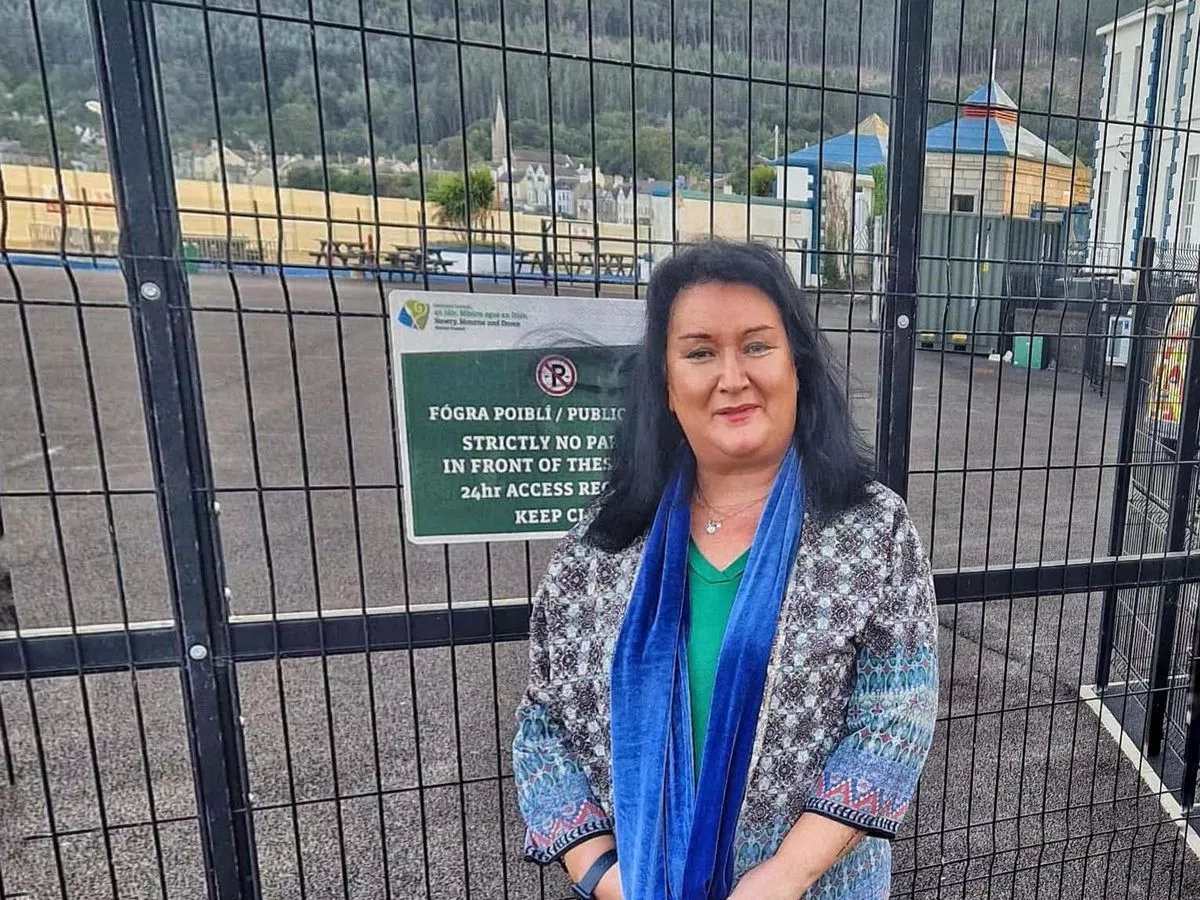By Daisy Morel
Copyright jerseyeveningpost

YOUNG people today have access to a wealth of information, entertainment and social media at their fingertips.
But with that freedom comes danger.
Activist, campaigner and writer, Natasha Devon, visited Jersey this week to deliver a series of talks to students and parents about keeping the Island’s youngsters safe online.
After being diagnosed with anxiety, Ms Devon sought to reduce the stigma around mental health discussions in schools running workshops since 2008 designed to teach young people about remaining safe from the insecurities, misinformation and risk caused by social media. She also wrote a book, named Clicks.
She said that when she hit her mid-20s, she had a mental health crisis and knew that she never wanted other young people to suffer the same way. Now, she goes in to different schools across the UK and holds focus groups with students about how to manage the things they see online.
Ms Devon said that the risks online are different for boys and girls. For young girls, the biggest issues are around body image and self-harm culture but boys are more likely to be targeted specifically.
“They are almost being preyed upon by people who are telling them they’re going to make them more confident, pretending to be giving them life advice,” Ms Devon said. “But actually it turns into was actually quite toxic.”
She said that young men can be pressured in to over-exercising and isolating themselves, which can cause long term damage to to their self-esteem.
The UK government recently introduced the Online Safety Act, which gives regulator OFCOM more powers to regulate social media platform, including the power to fine companies for harmful content and misinformation.
“It will be interesting to see how enforceable that is when lot of these countries are based abroad, and how they’re able to implement it,” she said.
A major scrutiny review on the harms children in Jersey are facing is currently being undertaken by the Children, Education and Home Affairs Scrutiny Panel. As part of the evidence the panel received, Jersey’s government confirmed they would be drafting its own version of the Online Safety Act rather than being included within the UK one.
Ms Devon said that the topic of online safety is not covered widely enough within schools and stressed the importance of parents and teachers being knowledgeable enough to spot the dangers and changes in children’s behaviour, while being educated to confront this in an approachable manner.
One of the biggest problems, she finds, is that children are often too anxious to tell their parents or teachers when they have seen something they were not meant to see online.
This is generally in fear that the blame will instantly be pinned on the child- when in reality harmful things pop up anywhere without warning, and every adult should be a comforting, listening ear for that.
“The most important thing is to to let them know they’re open to the discussion,” she said. “So I’ve basically told all of these children this week that they’re not going to get in trouble for talking to a trusted adult if they see [something they don’t want to see], it is important for adults to be open for the conversation without judgement.
“My hope is that everybody that comes to a talk, there will be at least one thing that they will go, I will try that, or I will remember and implement that. That’s always my aim.”



